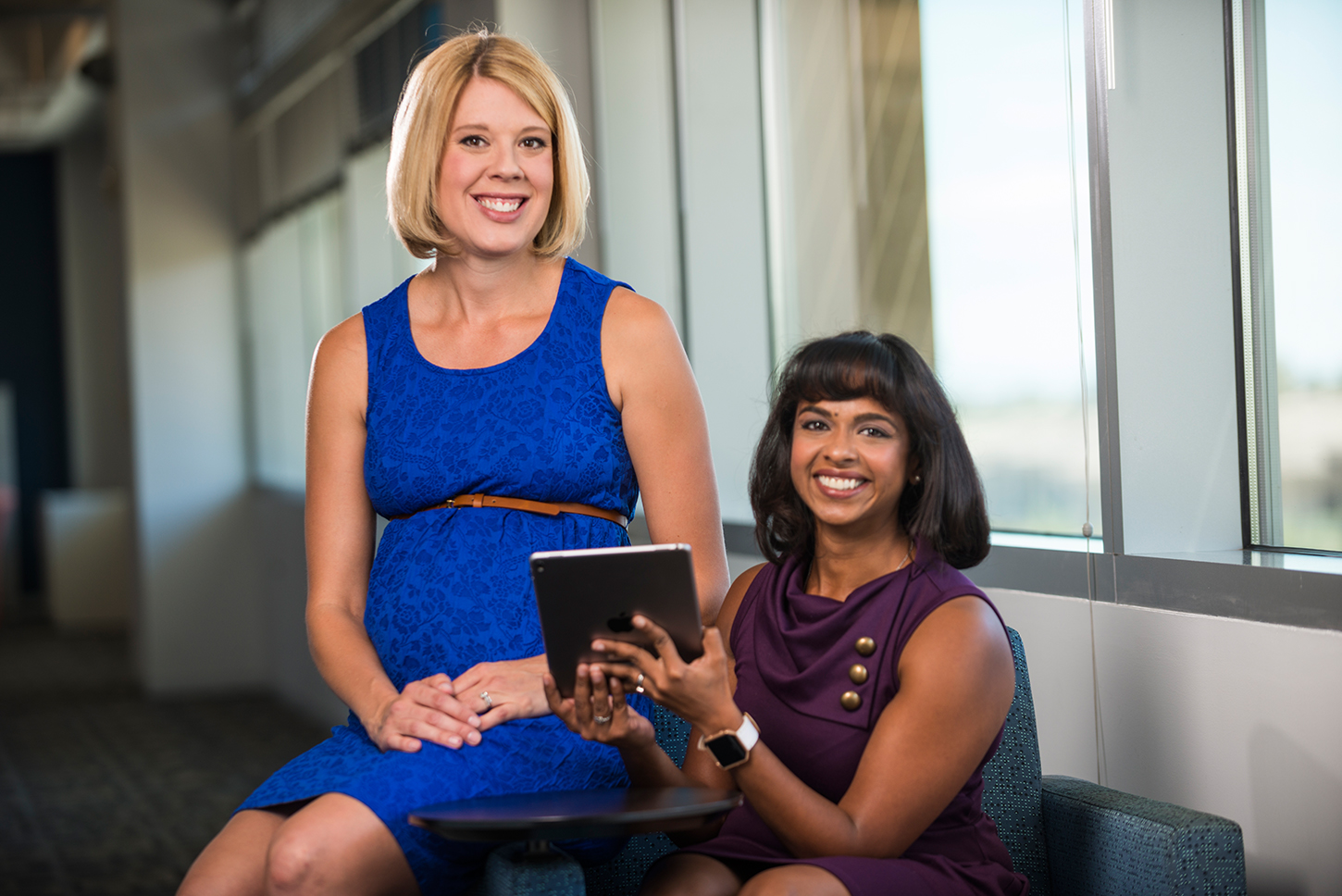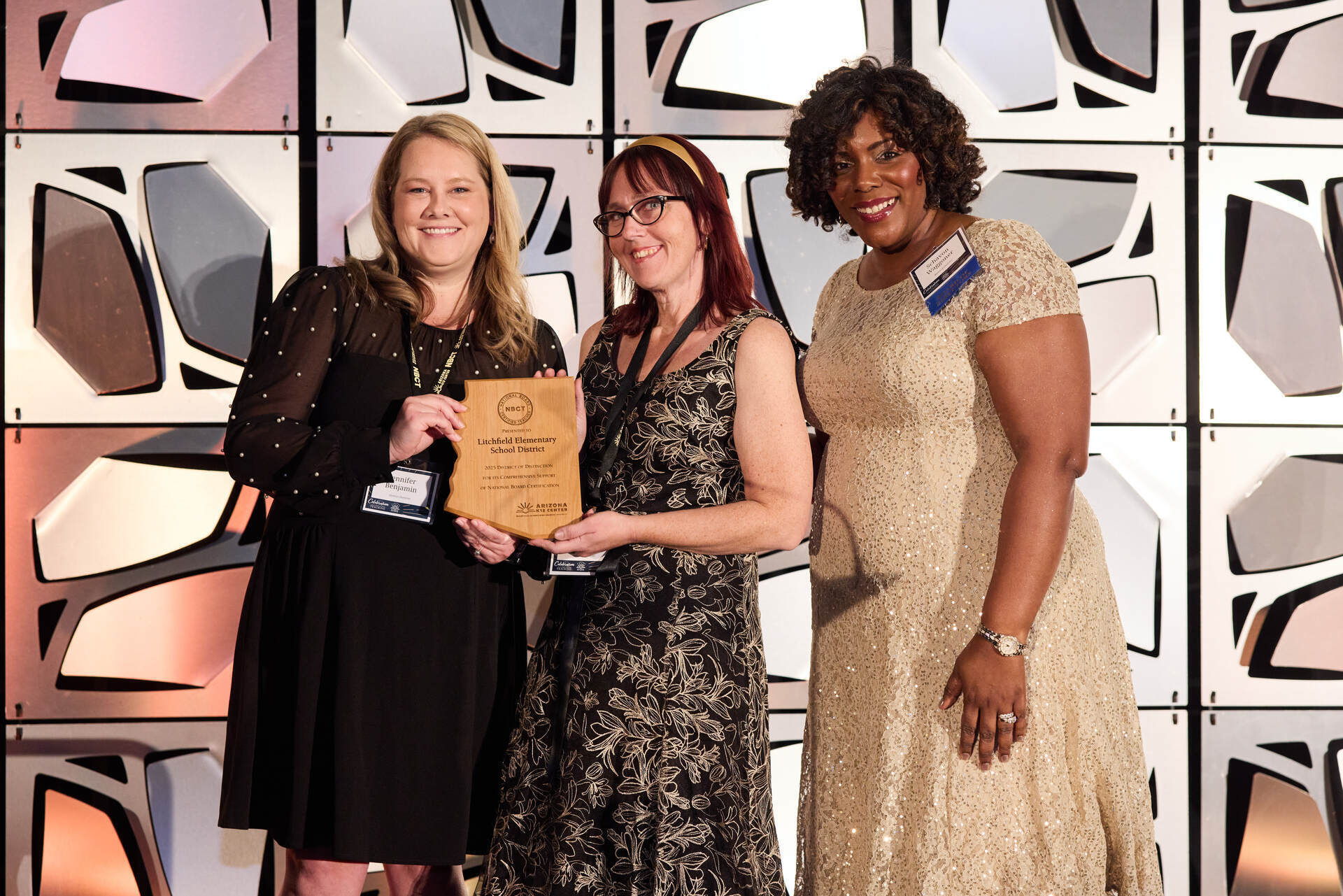July 17, 2017
Summer Prep: Best Practices for Special Education Success
Full-time special needs and general education teachers, listen up! We have tips to prepare for a fruitful school year with your learners.
Novice or veteran, preparing for students with special needs can be a challenge. And often, as much as you prepare, you might not fully understand your learners until you have spent a considerable amount of time with them. Regardless, we can hear Benjamin Franklin in our ears saying, “If you fail to plan, you are planning to fail.”
Hannah Jones has 11 years of experience working with special education students. The Arizona State University alumna is a National Board Certified Teacher in the areas of exceptional needs and early childhood through young adulthood. Originally from Iowa, she believes it’s not only important for special education teachers to prepare for their students, but also those who will work alongside learners with special needs in any capacity.
Enable yourself to start the school year off in stride by using these effective tips:
Special Education Teachers Should:
- Obtain a list of students.
- List individualized education plans (IEPs), re-evaluate due dates, and services for each child.
- Begin a collaborative relationship with the student’s classroom educator, electives and specials teachers, and service providers (e.g. speech pathologist, occupational therapist, physical therapist, etc.).
- Provide relevant, confidential information to those who will be interacting with your student (e.g. general education teacher, electives teachers, etc.). This should include the child’s IEP and any accommodations he or she will need in each specific class.
- Once school begins, get to know your learners. Be sure to consider the whole child, academically, socially, and emotionally, including their language and motor skills.
- Get the most current information about your students through assessments and observation.
- Focus on strengths and what he or she can do, as opposed to what he or she cannot.
- If the individual has needs that extend beyond the classroom, don’t forget to include playground monitors, cafeteria workers, and others who might interact with the child. They should also know pertinent information.
- Consider if the child needs extra support the first day or week during the transitional period.
General Education Teachers Should:
- Obtain the student’s IEP from the special education teacher.
- Discuss with the special education teacher the individual’s services and accommodations, including responsibilities in implementing the IEP.
- If possible, contact the student’s previous general education teacher. It is important to identify what worked and didn’t work well for the learner.
- Think about all aspects of the child as you prepare (e.g. Where does the child need to sit? With whom should the child be grouped? What should you consider as you prepare daily lessons?).
- Have high expectations for the learner. Remember: You may be one of the few who believes he or she can do great things!
At the end of the day, consider yourself an advocate for each individual’s future. Your interactions can motivate and shift the ways they view themselves and their possibilities. Be flexible and understanding, while also striving to accomplish goals. We salute you, as you shape and mold Arizona’s beloved students.











